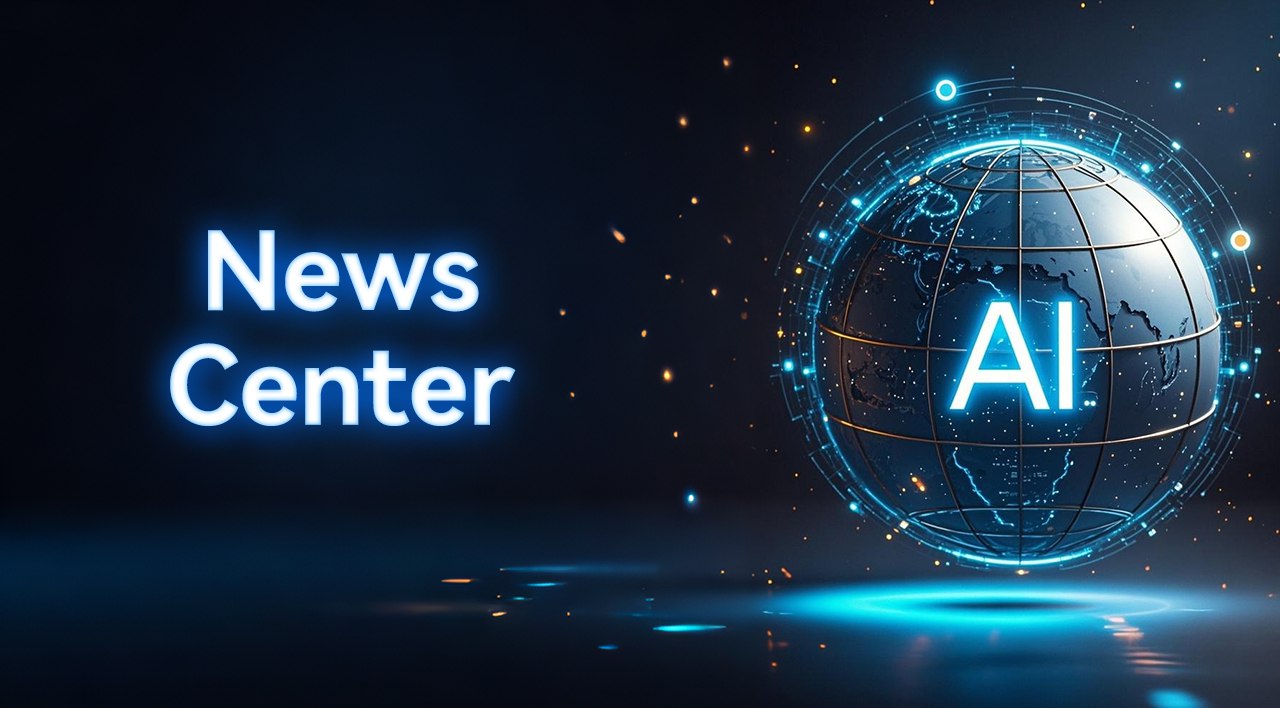TSFUBatmLoRTBCY8AamgQtGojpSreLhJXv
#News Center ·2019-10-22 08:37:21
Artificial Intelligence: A Transformative Force in Our Time
Artificial intelligence is the greatest IT disruption of our era, with the potential to reshape society and industry. I have never seen a technology with such vast potential to enhance our nation’s security, health, and prosperity. It is projected to generate trillions of dollars in economic impact.
The U.S. federal government has been acting swiftly—particularly over the past year—to promote the nation's adoption of this transformative technology. From the White House to leaders and heads of departments across dozens of federal agencies, there is a sharp awareness of the intense international competition, as more than 35 countries have now announced national AI strategies.
2019 witnessed major developments in AI, presenting the next significant opportunity for government and industry leaders to collaborate on advancing federal AI applications:
January: The Intelligence Community released the “Augmenting Intelligence Using Machines” strategy, aimed at leveraging AI to enhance intelligence missions.
February: The White House issued the Executive Order on “Maintaining American Leadership in Artificial Intelligence,” emphasizing the importance of technical standards, an AI-skilled workforce, and an international environment that supports U.S. AI innovation.
February: The Department of Defense released a strategic summary to accelerate AI research, development, and application across military branches. The Pentagon, through the Joint AI Center, focused on predictive maintenance and disaster relief.
February: The U.S. Army launched an AI task force at Carnegie Mellon University, concentrating on equipment maintenance and humanitarian aid.
March: The federal government launched 1, making it easier to access all ongoing government AI programs and better understand the national AI strategy.
April: The General Services Administration (GSA) announced the creation of a robotic process automation (RPA) community of practice to bring together AI leaders across agencies to share best practices and learn from one another.
May: The U.S., along with 40 other countries, endorsed a set of AI principles developed by the Organisation for Economic Co-operation and Development (OECD)—one of the first sets of intergovernmental AI policy guidelines.
May: The U.S. Postal Service conducted a series of autonomous vehicle test runs between Phoenix and Dallas, using self-driving truck prototypes developed by NVIDIA partner TuSimple.
June: The National AI R&D Strategic Plan was updated, setting goals for federally funded AI research and identifying eight strategic priorities.
August: The National Institute of Standards and Technology (NIST) released guidelines on ethical and technical standards for AI to promote responsible use and technological advancement.
September: The Department of Energy announced the creation of an Office of Artificial Intelligence and Technology, highlighting AI’s role in national and cybersecurity, grid resilience, environmental sustainability, smart cities, water management, and new materials discovery.
September: The White House Office of Science and Technology Policy announced nearly $1 billion in federal funding for non-defense AI research. A year earlier, DARPA had launched its $2 billion “AI Next” campaign spanning five years.
September: The U.S. Air Force unveiled its AI strategy and announced a partnership with the Massachusetts Institute of Technology (MIT).
All of these efforts stem from collaboration between the AI industry and government leaders, and from extensive discussions about how to jointly drive successful AI advancement.
At NVIDIA, we recognize the immense value of this collaboration and take seriously our role in facilitating and sustaining these conversations. We have created an ongoing forum at our annual GTC DC conference, where 3,000 leaders convene to explore how AI can be applied to business, government, and citizen services.
Whether your agency is focused on using AI to improve cybersecurity, healthcare, or transportation, GTC DC can help you understand how to translate federal progress into meaningful action. The conference offers training, networking, exhibitions, and more than 100 sessions that provide the opportunity to:
Envision the future of AI and computing, with actionable insights from Ian Buck, NVIDIA’s VP of Accelerated Computing and inventor of CUDA, the leading parallel computing platform.
Hear a keynote from U.S. Chief Technology Officer Michael Kratsios on the latest AI policy developments, followed by a national AI strategy panel featuring Jason Matheny (CSET founder and National Security AI Commissioner), Lynne Parker (White House OSTP), Elham Tabassi (NIST), and Robert Atkinson (ITIF President).
Learn the current state of AI adoption across federal agencies, including updates from U.S. CIO Suzette Kent.
Listen to healthcare leaders, such as Kimberly Powell (NVIDIA VP of Healthcare), Gil Alterovitz (U.S. Department of Veterans Affairs), and Susan Gregurick (NIH), discuss AI's ability to improve access, quality, and cost of healthcare.
Understand how AI helps address cybersecurity challenges in a session with experts including Moira Bergin (House Committee on Homeland Security) and Daniel Kroese (CISA).
Discover how AI enables predictive maintenance for everything from helicopters to satellites in a session hosted by Greg Kracprzynski, Senior Analytics Manager at Lockheed Martin.
Join our partner Booz Allen Hamilton for the Innovation AI: Executive Summit, where real-world experiences, deployment scenarios, and breakthrough announcements will be explored.
No matter where your agency or organization stands on its AI journey, GTC DC offers valuable insights. If you haven’t paid close attention to this field yet, now is the perfect time to learn—because AI holds the power to deliver unprecedented capabilities and solve previously intractable problems.
Join us November 4–6 at the Ronald Reagan Building and International Trade Center. Visit the GTC Washington DC website to learn more or read my blog post “Top 5 Reasons to Attend.”
2019 was a landmark year for AI development—but when leaders and experts unite to drive transformation, the future holds even greater promise.

 English
English  Deutsch
Deutsch  Français
Français  Español
Español  Português
Português  Italiano
Italiano  にほんご
にほんご  Nederlands
Nederlands 





